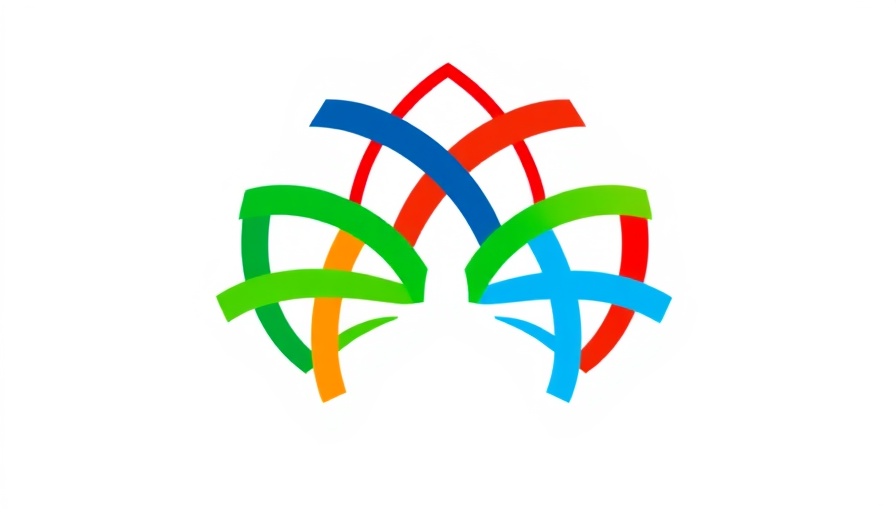
The Desert to Power Initiative: A Game Changer for the Sahel
The recent fifth ministerial meeting of the Desert to Power Initiative in Ouagadougou marks a pivotal moment for independent power production in the Sahel region. As six member countries, led by Burkina Faso's Minister of Energy, Yacouba Zabré Gouba, convened on June 30, 2025, they approved essential strategies aimed at enhancing energy access through the establishment of solar power plants and green mini-grids. This collaborative effort, spearheaded by the African Development Bank (AfDB), is designed to foster public-private partnerships (PPPs) to tackle the energy challenges facing the Sahel, which is rich in solar potential.
Understanding the Context: Progress Amidst Challenges
The ministerial meeting reviewed the strides made since the inception of the Desert to Power Initiative, noting significant progress with over 15 solar projects already underway. However, the stark reality remains: despite this progress, the Sahel still faces one of the world's most pressing energy access issues. As the AfDB's Vice President for Electricity, Energy, Climate, and Green Growth, Dr. Kevin Kariuki, pointed out, the validated Joint Protocol for Independent Power Producers will be crucial in accelerating the development of privately financed solar projects that directly benefit the people of the Sahel.
Mission 300: A Vision for the Future
Central to the initiative's goals is Mission 300, an ambitious collaborative effort by the AfDB and the World Bank seeking to provide electricity access to an additional 300 million people across Africa by 2030. This comprehensive framework highlights the urgent need for coordinated action and political will among African nations, as Kariuki emphasized – "we cannot afford to leave any country behind." This striking call to action serves as a reminder of the collective responsibility that lies ahead in achieving sustainable energy access in the Sahel.
Local Engagement and Capacity Building: The Keys to Success
The meeting underscored the importance of capacity-building initiatives, which were reinforced through financial modeling workshops involving general managers and financial directors of national utilities. This strategic focus on enhancing local expertise and leadership is essential for ensuring the long-term sustainability and success of energy projects in the Sahel. With local stakeholders equipped with the necessary tools to navigate the complexities of energy projects, the prospects for independent power production will significantly improve.
Concrete Results: On-the-Ground Impact
During the meeting, participants visited the Gonsin photovoltaic power plant, a model project within the Desert to Power Initiative, which showcases the tangible impact of these efforts. With a capacity of 42 MWp and a 10-megawatt storage system, the plant not only reflects the promises of the initiative but also serves as a catalyst for further investment in renewable energy in Burkina Faso.
This gathering signals a renewed commitment to harness solar energy potential, with the Desert to Power Initiative paving the way for sustainable energy solutions in Africa. As stakeholders work hand-in-hand to implement these visionary plans, they pave the way for economic empowerment and improved quality of life in the Sahel region.
 Add Row
Add Row  Add
Add 


Write A Comment